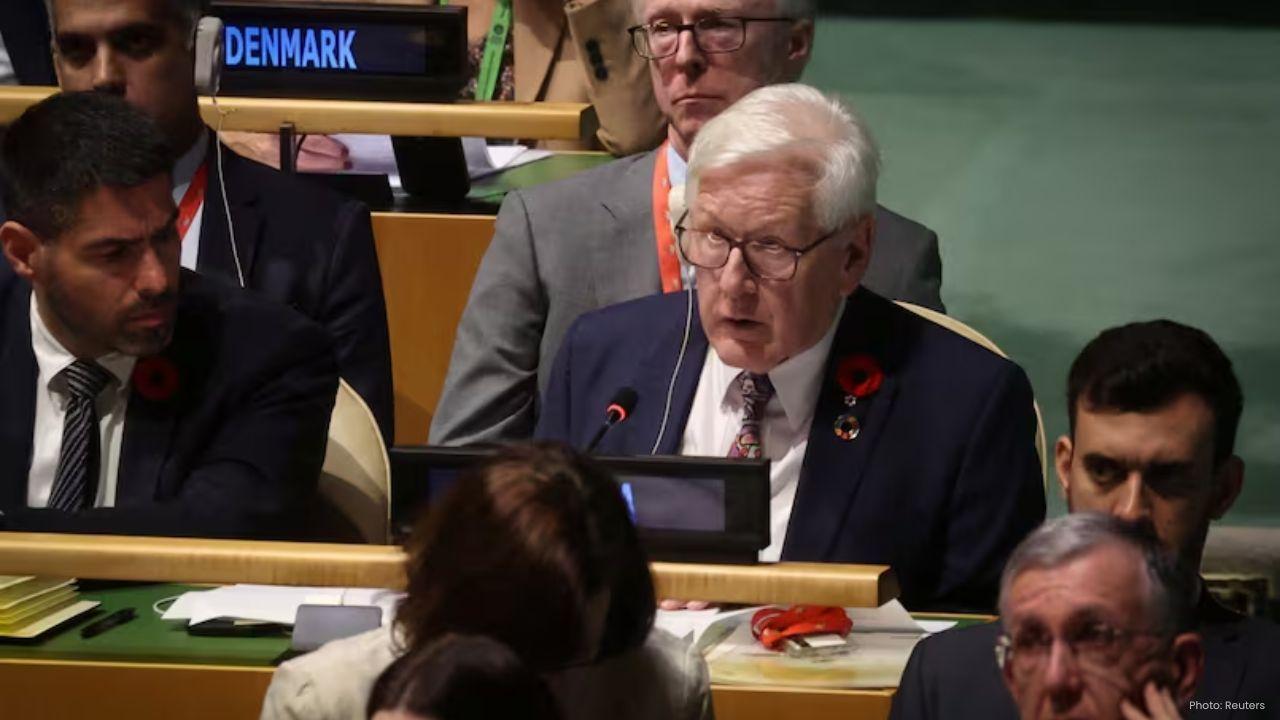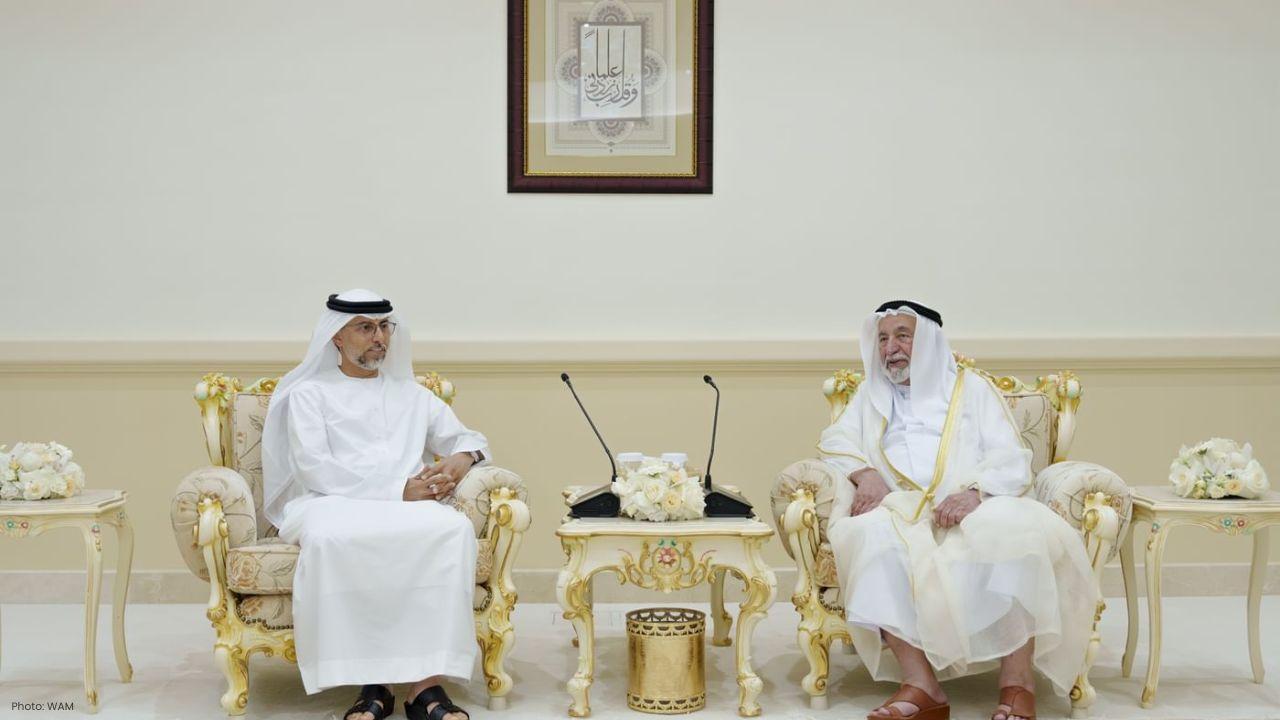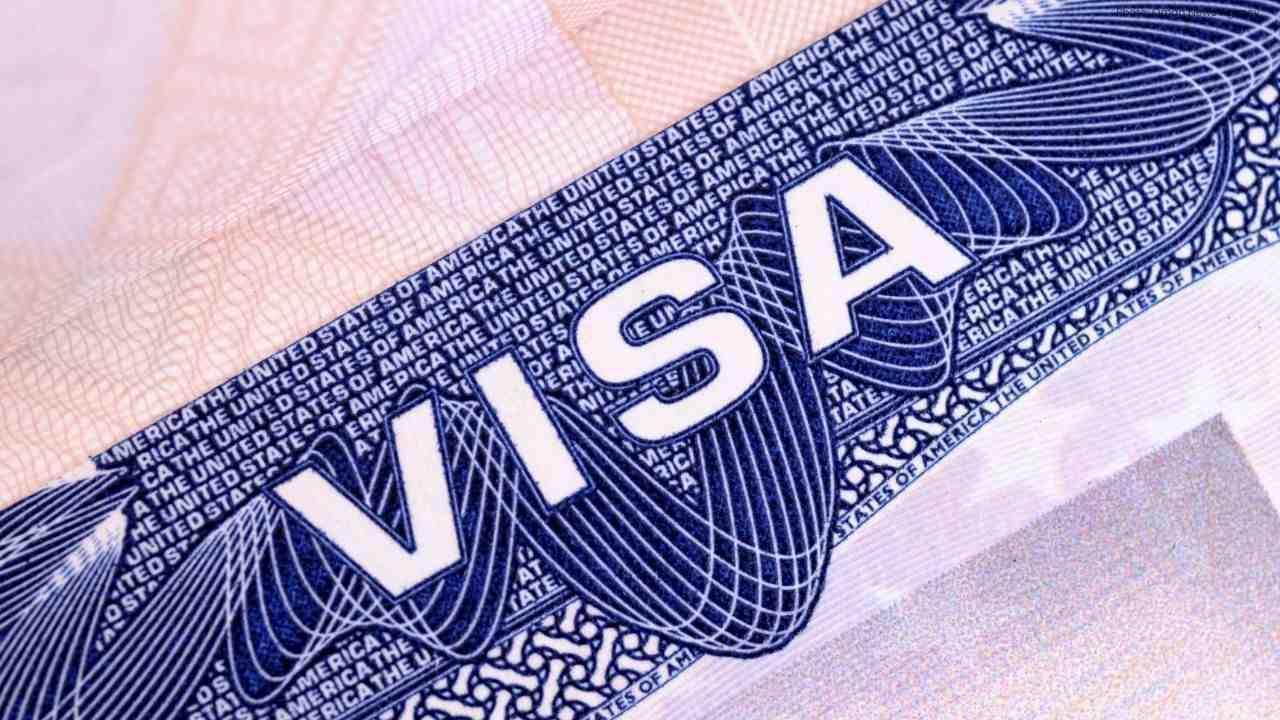
Post by : Mumtaaz Qadiri
Canada has officially recognized the state of Palestine, announcing the decision on Sunday morning. The move was made in coordination with international partners and aims to preserve the possibility of a two-state solution between Israel and Palestine. Prime Minister Mark Carney’s office stated that the recognition reflects Canada’s long-standing commitment to peace in the region.
Two-State Solution Goal
The Prime Minister’s Office (PMO) emphasized that Canada’s support for a two-state solution has been based on the expectation that it could be achieved through negotiations. The statement noted that this possibility has been “steadily and gravely eroded” by recent events, including the October 7, 2023, Hamas-led attack on Israel, Israeli parliamentary moves supporting annexation of the West Bank, and restrictions on humanitarian aid in Palestinian territories.
Statement On Hamas
Canada’s PMO statement strongly condemned Hamas, saying the group has terrorized Israelis and oppressed Palestinians in Gaza. The PMO stated that Hamas “has stolen from the Palestinian people, cheated them of their life and liberty, and can in no way dictate their future.” This underlines Canada’s position that recognition of Palestine is not an endorsement of Hamas or its actions.
Israeli Government Concerns
The PMO highlighted that the current Israeli government is actively working to prevent the creation of a Palestinian state. The statement said that it is now official policy of the Israeli government that no Palestinian state will exist. Canada’s recognition is therefore intended to support peace initiatives and maintain the possibility of a two-state solution despite these obstacles.
International Support
Alongside Canada, other countries including Australia, the United Kingdom, and Portugal announced their recognition of Palestine on Sunday. British Prime Minister Keir Starmer said his government is taking this step to maintain hope for peace and a two-state solution, emphasizing that a safe Israel alongside a viable Palestinian state is the ultimate goal. French President Emmanuel Macron also announced plans to formally recognize Palestine shortly after Canada’s announcement.
Conditions For Recognition
Canada’s recognition is conditional on certain commitments from the Palestinian Authority, which governs parts of the West Bank. These commitments include governance reforms, holding general elections in 2026, the exclusion of Hamas from political participation, and the demilitarization of a future Palestinian state. The PMO stated that Canada will support the Palestinian Authority in implementing these reforms.
Response From Opposition
Conservative Leader Pierre Poilievre criticized Canada’s recognition, calling it a distraction from domestic issues such as crime, costs, debt, immigration, and job loss. He emphasized support for Israel’s right to exist and defend itself while advocating for a future demilitarized Palestinian state. Poilievre said Conservatives prioritize Canada’s interests in foreign policy decisions.
UN Ambassador Comments
Canada’s ambassador to the United Nations, Bob Rae, described the recognition as “a necessary moment” and stressed that it was not an impulsive decision. Rae highlighted that Canada aims to make clear to Israel and other nations that annexation and unilateral political moves are not sustainable for lasting peace. He emphasized the importance of pursuing solutions that ensure security and peace for both Israel and Palestine.
Israeli Embassy Reaction
The Israeli Embassy in Canada expressed disappointment over the decision, arguing that recognizing Palestine does not free hostages, stop Hamas, or guarantee peace. The embassy stated that the recognition rewards Hamas and called on Canada to reverse the decision, urging a future agreement to be developed through direct negotiations and mutual recognition.
Palestinian Authority And Hamas Response
Hamas welcomed Canada’s recognition as an important step for Palestinian rights and independence, calling for immediate measures to stop violence in Gaza and prevent annexation in the West Bank and Jerusalem. The Palestinian Authority, however, must meet Canada’s conditions to gain full support and international recognition, particularly regarding governance and demilitarization.
Humanitarian Context
Canada’s recognition comes amid ongoing humanitarian challenges in Gaza. Israeli military operations have resulted in thousands of deaths and widespread suffering, with reports from UN agencies highlighting famine and lack of essential resources. Palestinian advocates, including James Kafieh, praised Canada’s decision as overdue and potentially historic, while acknowledging the difficult situation in Gaza and ongoing Israeli control over much of Palestinian territory.
International Debate
The decision has sparked debate internationally. A group of U.S. Republicans called Canada’s recognition “reckless” and argued it could encourage violence as a means for political goals. Bob Rae countered that Canada’s approach does not support Hamas and remains committed to Israel’s security while promoting a two-state solution.
Long-Term Implications
Canada’s recognition aims to maintain the viability of a two-state solution. Officials stress that it does not legitimize terrorism or reward violent acts. Instead, recognition is framed as a diplomatic step to ensure that Palestinians and Israelis can negotiate a peaceful future, preserve human rights, and secure political representation.
Canadian Public Reactions
The decision has generated mixed reactions within Canada. Some communities see it as a historic step toward justice and peace for Palestinians, while others express concern over potential consequences for Canada-Israel relations. Organizations representing Canadian Palestinians welcomed the recognition as overdue and vital for achieving statehood aspirations.
Diplomatic Efforts Moving Forward
Canada, together with its international partners, plans to continue diplomatic efforts to ensure Palestinian governance reforms are implemented. These efforts include supporting elections, promoting demilitarization, and fostering accountability. Officials aim to translate recognition into tangible steps that improve security and living conditions for Palestinians while supporting Israel’s safety.
Canada’s formal recognition of the state of Palestine marks a significant diplomatic step in the Middle East peace process. While it faces criticism and complex challenges, the move emphasizes Canada’s commitment to a two-state solution, collaboration with international partners, and practical measures to support a peaceful, democratic, and secure future for both Palestinians and Israelis. By linking recognition to governance reforms and demilitarization, Canada aims to ensure that this decision contributes to long-term stability rather than conflict escalation.










India Likely To Play Jasprit Bumrah In Asia Cup And Tests
India assistant coach confirms Jasprit Bumrah is likely to play all Asia Cup games despite upcoming

ICC Suspends USA Cricket Membership Over Governance Issues
ICC suspends USA Cricket for governance breaches but U.S. teams will continue competing in ICC event

England Names 16-Member Squad For 2025-26 Ashes In Australia
England names 16-member squad for the 2025-26 Ashes in Australia, with Ben Stokes returning as capta

UAE Denies Visa Restrictions On Bangladeshi Citizens
The UAE has denied reports of visa restrictions on Bangladeshi nationals. Officials confirm normal v

Perplexity AI Launches Comet Browser For Pro Users In India
Perplexity AI has made its Comet browser available to Pro subscribers in India, offering AI-powered

Pakistan Defeat Sri Lanka In Key Asia Cup Super 4 Match
Pakistan defeated Sri Lanka by 5 wickets in Abu Dhabi, chasing 134 runs. Talat and Nawaz guided the